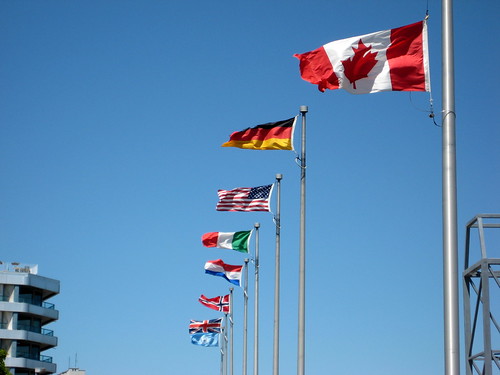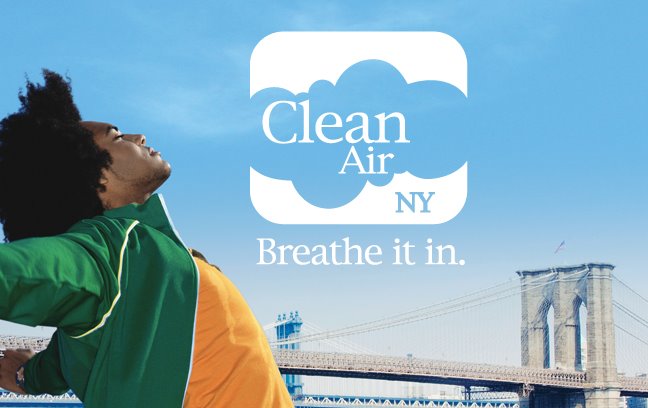 image by MPD01605 used under Creative Commons license
image by MPD01605 used under Creative Commons licenseOctober 24 marked the 66th anniversary of the United Nations, commonly known as “United Nations Day” around the world. To honor this day, let’s look at how two international cities are addressing the issue of air quality.
In the early 1990s, air pollution in Delhi, India, was becoming a serious problem. In response, India’s Ministry of Environments and Forests launched a plan to improve air quality and to significantly reduce pollution levels. Officials instituted a fleet of buses powered by compressed natural gas (CNG), implemented more stringent clean-fuel requirements and emission levels and even imposed a pollution tax. The results: From 1993 to 2000, ambient carbon monoxide was nearly cut in half and lead concentrations fell by 75 percent. As buses continued to be converted to CNG from 2000 to 2003, sulfur dioxide levels decreased by 34.8 percent and particulate matter levels fell by 7 percent. This led the U.S. Department of Energy to award Delhi the Clean Cities International Award in 2003 for its aggressive efforts in curbing pollution.
In the 1980s, Prague, Czechoslovakia (now the Czech Republic), was one of the most-polluted European cities. Since then, city leaders have enacted programs to decrease the usage of brown coal in power plants, which has significantly reduced sulfur dioxide levels. Now, similar to many urban areas, these officials face air-quality problems because of emissions from vehicle traffic. They have an emergency plan in place where, if air pollution rises above set limits, they stop traffic in the center of Prague to re-route polluting vehicles around the city and to force travelers to find alternate methods for traveling within Prague.
As you can see, air pollution in urban areas is a problem around the globe because of increases in vehicular travel. With so many transportation alternatives in the New York metro area, there are many options that are less polluting. Whenever possible, we encourage New Yorkers to take mass transit, carpool, bike or walk to their destinations to help reduce air pollution and to improve our own air quality.




No comments:
Post a Comment
Note: Only a member of this blog may post a comment.